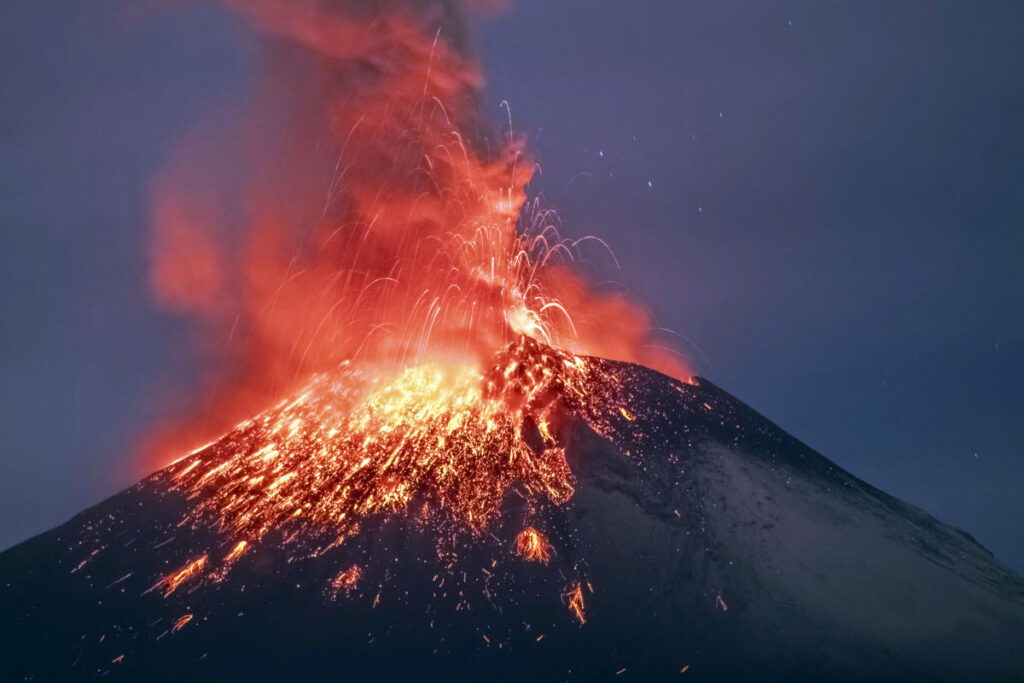Three million people living near Mexico’s 17,887-foot Popocatépetl volcano are facing possible evacuation orders as it continues to spew ash across the region, forcing schools to close and hundreds of flights to be delayed or canceled.
Here’s everything we know about the volcano and its impact on those living near it, culled from original reporting and Yahoo’s trusted partner network, including the New York Times, NBC News and others.
Where is the volcano located exactly?
Popocatépetl, the country’s largest active volcano, is located in the states of Puebla, Morelos, and the state of Mexico in Central Mexico. Some 25 million people live in a 60-mile radius of the volcano, which is about 45 miles southeast of Mexico City.
When was its last major eruption?
The volcano was inactive for decades before an eruption in 1994. In 2000, a major eruption prompted the evacuation of about 50,000 people in the region. Since then, mild to moderate activity has been seen from the volcano, or “smoking mountain” as it is known by locals.
When did the recent activity begin?
Popocatépetl began erupting earlier this month after officials detected activity coming from it in mid-April. A satellite operated by NASA and the U.S. Geological Survey captured images of some of the volcano’s spring outburst on April 14.
A timelapse video posted to Facebook by the National Disaster Prevention Center of Mexico Monday showed the volcano spewing smoke and ashes around sunrise.
Is this normal?
“Pretty much,” Jessica Ball, a volcanologist with the U.S. Geological Survey, told the New York Times.
The activity is “just part of being an active volcano,” she said, adding: “There’s really no cycle on a human time scale that governs which volcanoes erupt at which time.”
More volcano coverage from Yahoo News partners
OK, so how high are the plumes?
NASA said that researchers have measured plumes as high as 4.5 miles, and forecasters warned that the area just south of Mexico City could see up to 32 millimeters of fall on Monday.
Four and a half miles high?
Yes. Popocatépetl’s plume prompted flights to be halted for about five hours at both of Mexico City’s main airports on Saturday. As NBC News noted, falling ash in particular can block pilots’ view, hinder radio communications and affect jet engines.
What are other officials there saying?
President Andrés Manuel López Obrador of Mexico said at a news conference on Monday morning that he was monitoring the situation closely and in contact with federal and local officials about the volcano. The National Disaster Prevention Center of Mexico on Sunday raised the alert level for the area around Popocatépetl to Phase 3, just shy of an evacuation order.
Sergio Salomón, the governor of the Mexican state of Puebla, said that the roughly 3 million people who live in towns and villages adjacent to the volcano should stay alert and prepare for a possible evacuation.
[ad_2]
Source link

